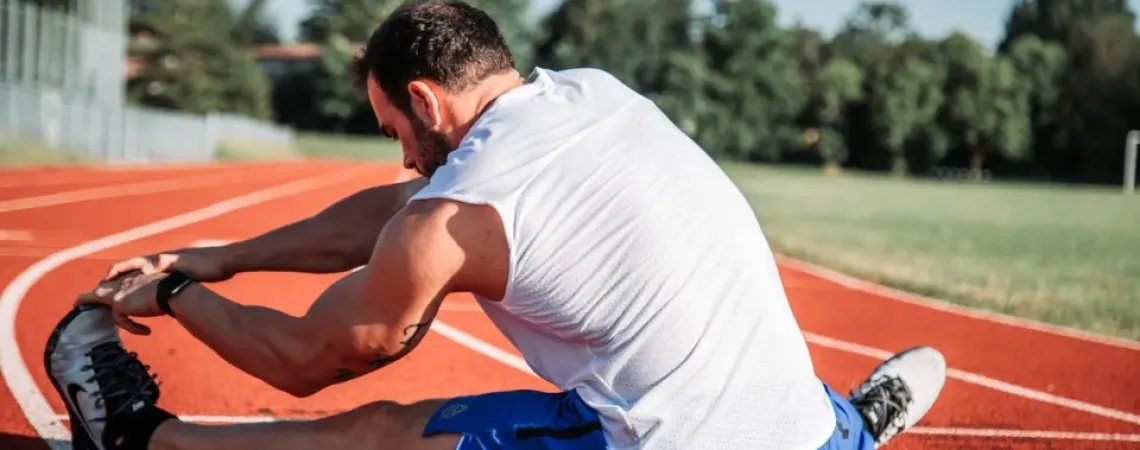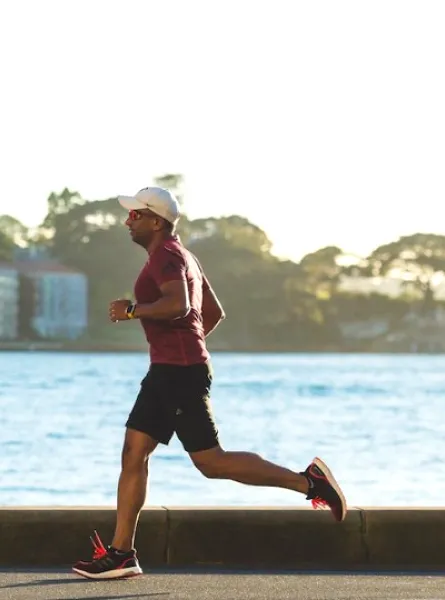
Reason #1: The good resolution
Starting physical activity intensively by telling yourself "this time is the right one" also increases the chances of giving up more quickly. It is better to focus on gradually introducing movement into your daily routine in order to maintain these new habits over the long term.
Reason #2: The injury
If we train very intensively overnight, the risk of injury is greater. By forcing our bodies to undergo a high level of physical activity without warning, it is likely that an injury will occur and force us to stop and go back to square one.
Reason #3: The new diet
Sometimes you start training at the same time as you start a new, very restrictive diet. And usually, when you drop the diet, the training that went along with it stops too.
Reason #4: A lack of supplies
To move, you need to eat (to provide energy to your body). Some people don't feel good during their activity because they don't have enough energy supplies. Even an elite athlete can't perform if they don't have enough carbohydrates!
Reason #5: The chore
If we perceive physical activity as a chore or an obligation, we will most likely stop moving!
Focus on how you feel
Rather than checking something off our to-do list, it may be relevant to explore how we feel after moving. We can also compare these internal cues with those we feel when we haven't moved in a while.
- Do I feel less stressed?
- Do I sleep better?
- Do I have more energy?
- Did I feel pleasure while moving?
Taking a moment to look at how our body feels can help us identify the benefits of moving.
Health Professionals
Meeting with a registered dietitian can be helpful in ensuring that you have enough energy and supplies to feel good during and after an activity. Meeting with a kinesiologist can also be helpful in finding new ways to move on a daily basis.
The solution
Ironically, the solution is to stop overtraining and simply start moving. To learn more about the difference between training and moving, and for easy tips on how to incorporate movement into your daily life, check out our article about Moving Without Training.





